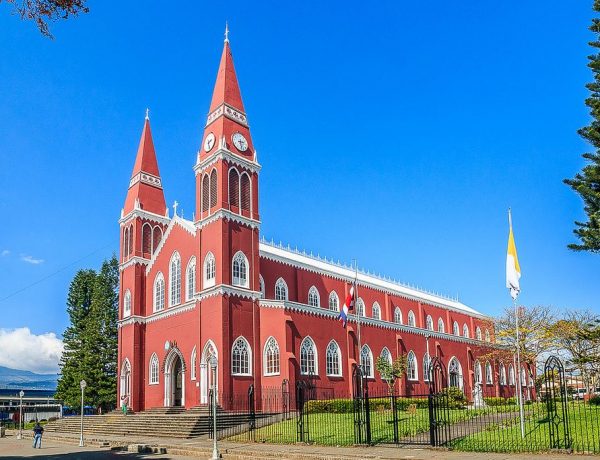Costa Rica, often referred to as the “Switzerland of Central America”, is renowned for its lush rainforests, pristine beaches, and rich biodiversity. Yet, like any other nation, it’s essential to understand the crime landscape to make informed decisions, whether you’re a tourist or looking to settle down.
As an expat living in Costa Rica, I’ve gathered insights to help you navigate this tropical paradise with confidence.
Costa Rica at a Glance: Crime Statistics
Homicide Rate: in 2021, the homicide rate stood at around 11 per 100,000 inhabitants. This figure fluctuates yearly, sometimes reaching highs close to the Latin American average.
Thefts: Petty theft, including pickpocketing and bag snatching, has been prevalent, especially in popular tourist destinations.
Home Burglaries: Residential areas, both rural and urban, have seen instances of home burglaries, with expat homes occasionally being targets.
Car Thefts: Rental cars or cars with foreign plates can be targeted, especially when left in isolated areas.
Cybercrimes: Though not as rampant, cybercrimes like phishing and online scams have been on a steady rise.
2. Areas of Concern
Certain regions in Costa Rica experience higher crime rates than others:
San José: As the capital city, certain neighborhoods like León XIII, Pavas, or parts of Hatillo have had elevated crime rates, predominantly gang-related activities.
Limon: Located on the Caribbean coast, Limon has seen a surge in drug-related crimes.
Puntarenas and Jacó: These areas are frequented by tourists and, as such, have reported more instances of theft and scams.
Border regions: Areas near the Panamanian and Nicaraguan borders, such as Paso Canoas or the region near Los Chiles, often see smuggling and related crimes.
3. Types of Crimes
Petty Theft: This is the most common crime against tourists. Popular spots like Manuel Antonio National Park or La Fortuna have occasional reports of stolen bags or valuables left unattended.
Residential Burglaries: Criminals sometimes target perceived affluent homes, believing them to hold valuable items. Homes without security measures are particularly vulnerable.
Armed Robbery: Though less frequent, there have been instances where tourists or locals are confronted directly.
Scams: Be wary of seemingly too-good-to-be-true deals, counterfeit tour operators, or unofficial taxi drivers.
4. Safety Precautions
Ensuring safety involves proactive measures:
Stay Informed: Research your destination. Know the areas to avoid, especially after dark.
Secure Homes: If residing in Costa Rica, invest in solid doors, windows, and a security system. Consider employing a security guard in isolated regions.
Avoid Flashiness: Wear minimal jewelry, and avoid displaying expensive cameras or electronics.
Stay Vigilant: Especially in crowded areas, keep your belongings close and be wary of distractions.
Use Official Channels: Always opt for licensed taxis, official tour operators, and known service providers.
Travel in Groups: Especially if hiking or exploring isolated areas.
5. Dealing with Crime
Should you be unfortunate to experience crime:
Report Immediately: Go to the nearest police station or OIJ (Organismo de Investigación Judicial) office. Provide as much detail as possible.
Stay Calm: While it’s distressing, staying calm helps in recalling events and assisting the police.
Contact Your Embassy: If you’re a foreign national, inform your embassy or consulate.
6. The Police Force in Costa Rica
Understanding the police system is beneficial:
Fuerza Pública: The general police force responsible for maintaining public order.
OIJ: The investigative branch, similar to the FBI in the U.S. They handle serious crimes and investigations.
Tourist Police: Established to safeguard tourist-heavy regions.
7. Understanding the Underlying Causes
Costa Rica’s crime, particularly violent crime, often ties back to drug trafficking routes and local gangs. The country’s strategic location makes it a bridge for narcotics moving northward. While the government has been proactive, it remains a persistent challenge.
8. The Bright Side
Despite the challenges, Costa Rica remains one of the safest countries in Central America. The nation’s emphasis on education, lack of a military force, and commitment to social programs has cultivated a mostly peaceful society.
Living or traveling in Costa Rica is a rewarding experience, filled with encounters of its rich culture, warm locals, and breathtaking nature. As with any destination, staying informed and taking precautions ensures your safety. Always remember: Pura Vida isn’t just a saying, it’s a lifestyle – and with awareness, you can embrace it wholly.




